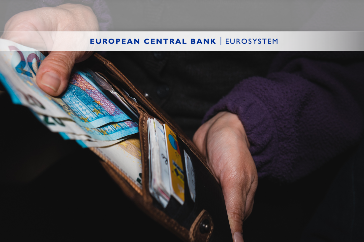Payments
While cash constitutes legal tender and is thus the basis of the monetary system, its drawbacks are becoming more evident in a modern economy. In particular, its use entails physical transfer to a payee, making it inefficient to process and handle. Above all, cash escapes the banking system and is thus more prone to be used in money laundering and terrorist funding. On the other hand, payments are increasingly being carried out by non-cash payment instruments, including credit and debit cards, credit transfers and direct debits. While cheques have been the traditional non-cash payment instrument of choice in Malta, electronic payment services bring the costs and inefficiencies of cheque processing to light.
Efficient and reliable payment services are essential for the smooth functioning of the economy. With the introduction of the euro, Malta became a full member of the Eurosystem, whose objective is to create a single payments market for the euro and to promote the harmonisation and efficiency of domestic and cross-border euro payments in terms of delivery and costs. The three main policy goals of the Eurosystem, in terms of payment systems, include:
- the promotion of transparency in the operation of payment systems and services;
- monitoring the determination of fees and charges;
- the encouragement of competition, efficiency and market access.
ECB Quiz
Take the ECB quiz to test your knowledge on means of payment
